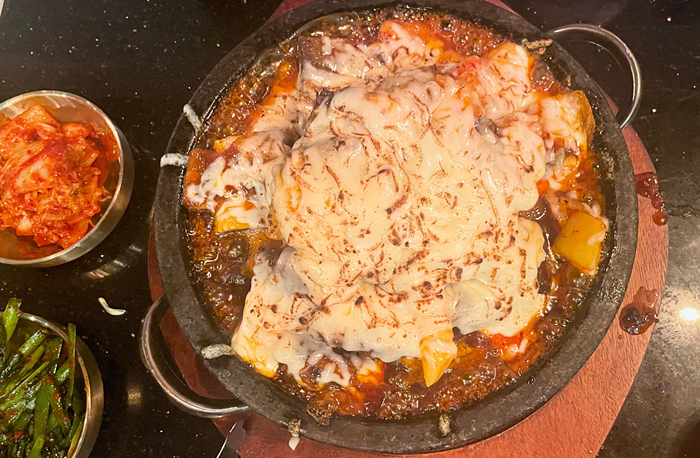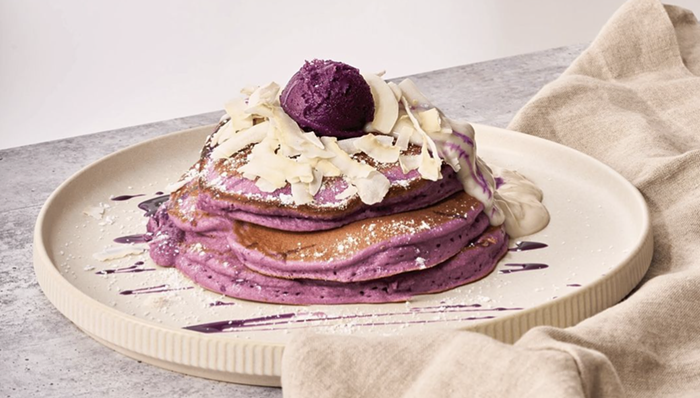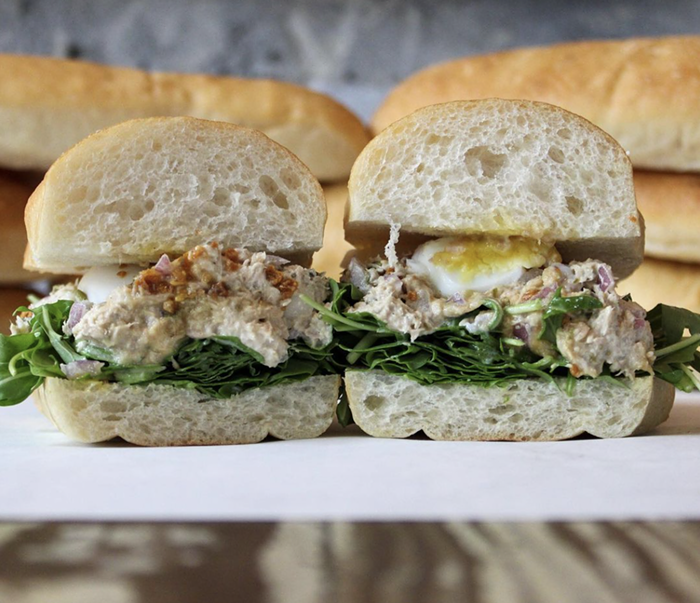
Four years ago, I was sitting in a bar in a hotel in Harrison Hot Springs, British Columbia. It was just me, the bartender (a man crowding his 50s), and a holiday jazz tune. We were in the first minute of 2012. And I ordered a shot of Maker's Mark to welcome the new year. The bartender grabbed the bottle from the shelf, carefully measured an exact shot into a metal container, then poured that into a glass, and handed it to me. The whole procedure took the cheer out of the occasion. Even here, and in this intimate situation, the Canadian bartender could not break with the rules, could not turn his back on his society and surprise the American with a generous pour.
Indeed, what never failed to amaze me during the little time I recently spent in Vancouver was the scientific focus that all bartenders applied to their pours. And to make matters more stressful, this scientific intensity was almost always coupled with a near-religious anxiety. (Is that really the right amount? Is it below or above what is written in the book of rules?)
It always went like this: The moment after making your order, he/she breaks with all the chatter and loud jukebox music of the bar and enters an impenetrable bubble of concentration. The bartender is in a zone; the entire universe of things is reduced to these elements: a fixed gaze, a steady hand, liquid falling from bottle, liquid rising in measurement cup. Once the operation is done, the bubble dissolves and the bartender returns to the universe.
Even regulars receive the same severe treatment.
What to make of this cold Canadian custom? What does it tell us about that society? Does it have anything to do with, say, the country’s relatively generous welfare system? Public generosity has rendered acts of private generosity unnecessary? Is this maybe why bartenders in the United States are more generous with their drinkers? Here, private acts of merriment make up for the meanness of our social welfare programs?
At present, however, the poor pours of Canada are more interesting (in an anthropological sense) than frustrating (in a financial sense) to Americans because our dollar is now very strong over there. Two Canadian pours equals about one American pour.



















